
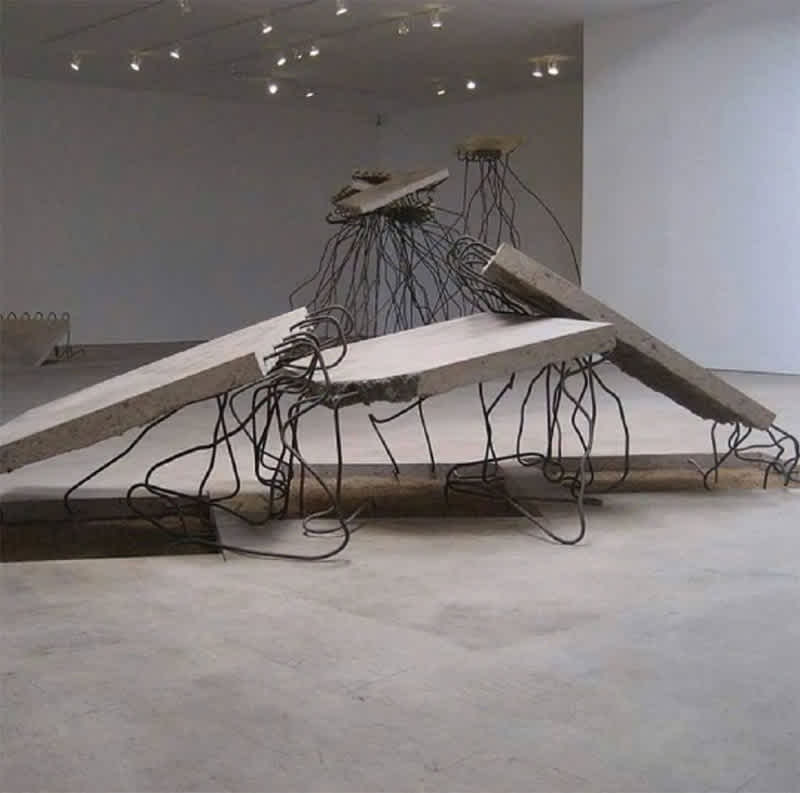
Ruben Ochoa, 2009.

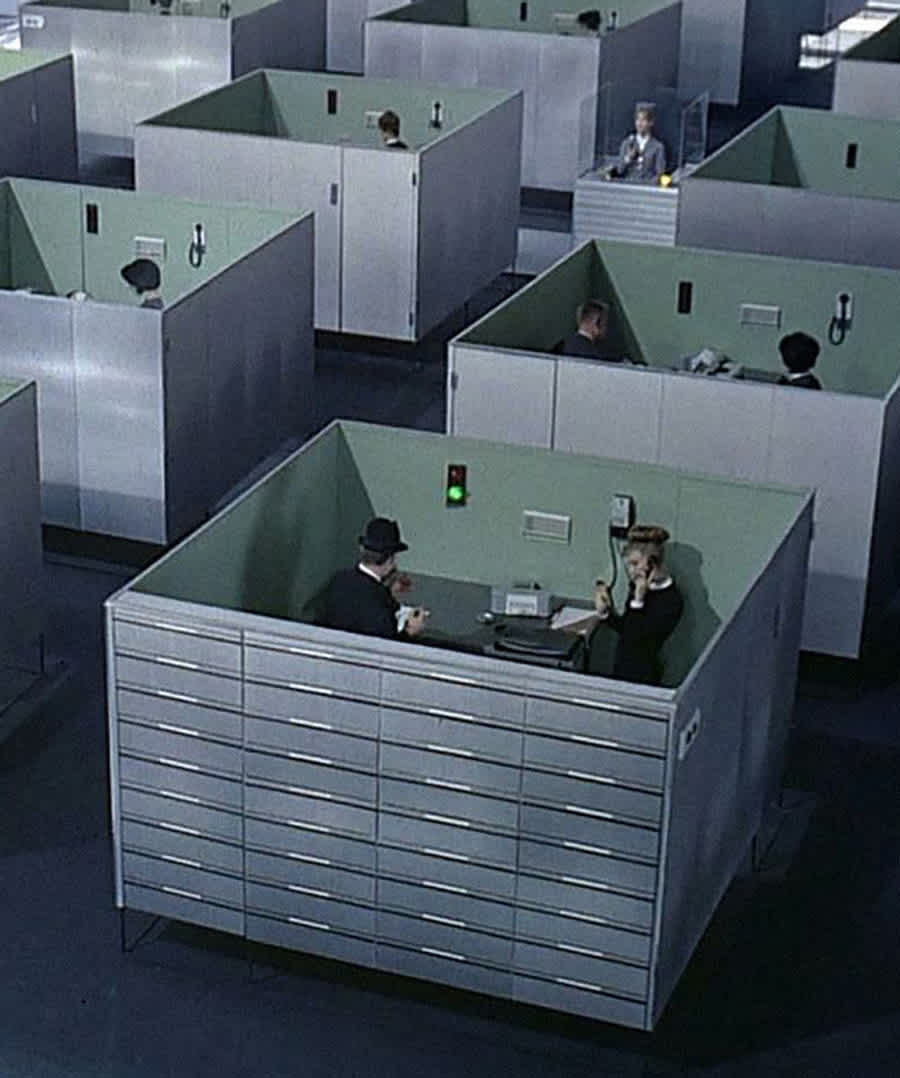
Playtime, Jacques Tati (1967)
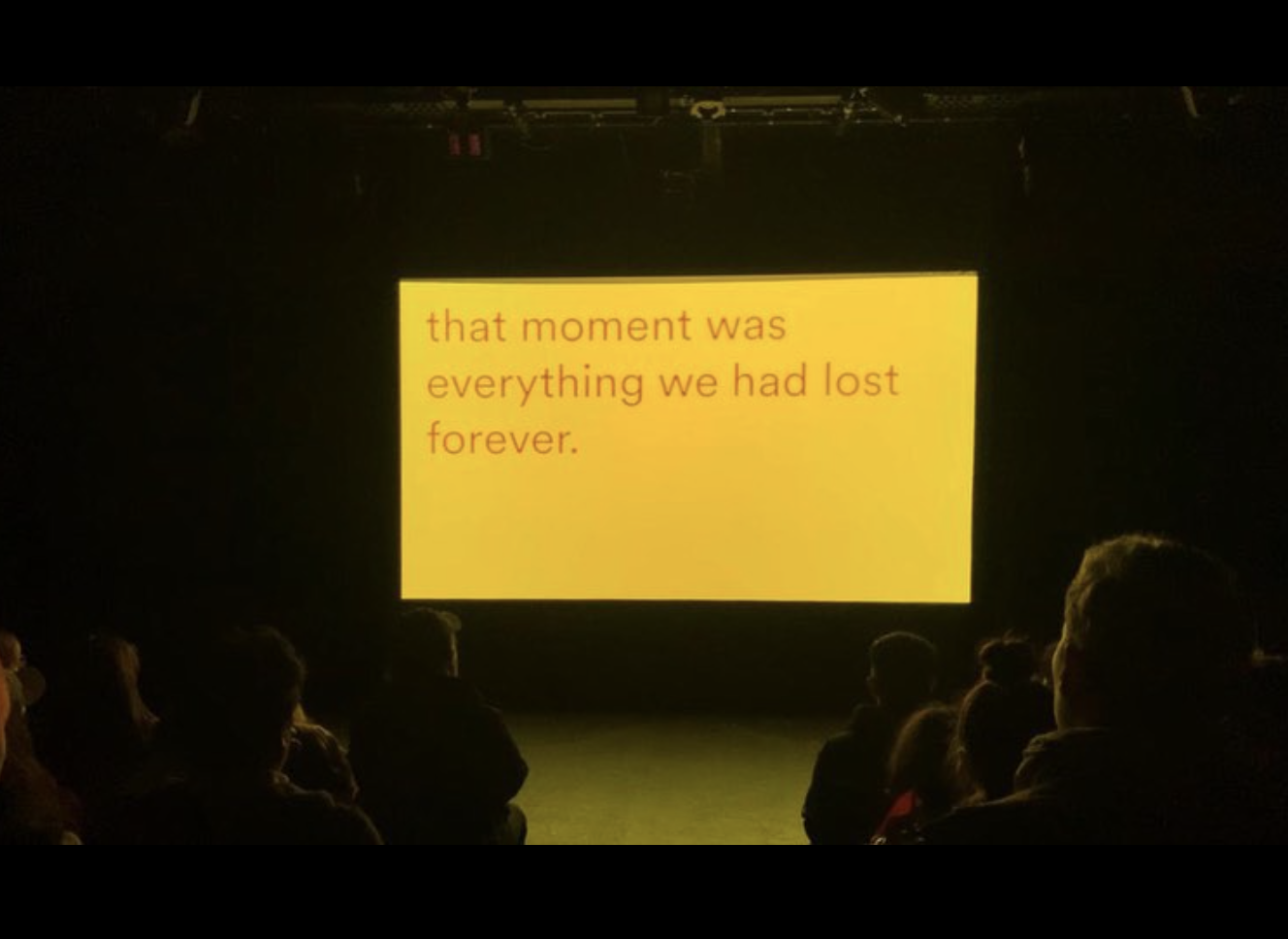
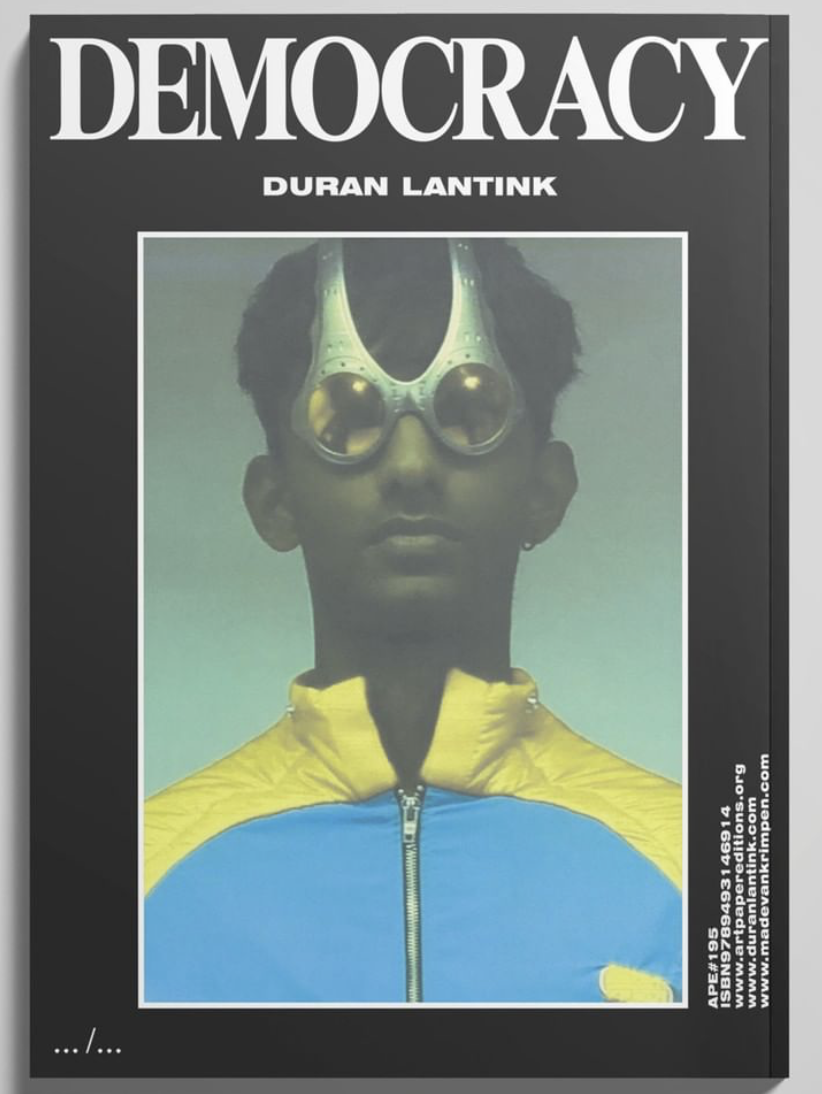



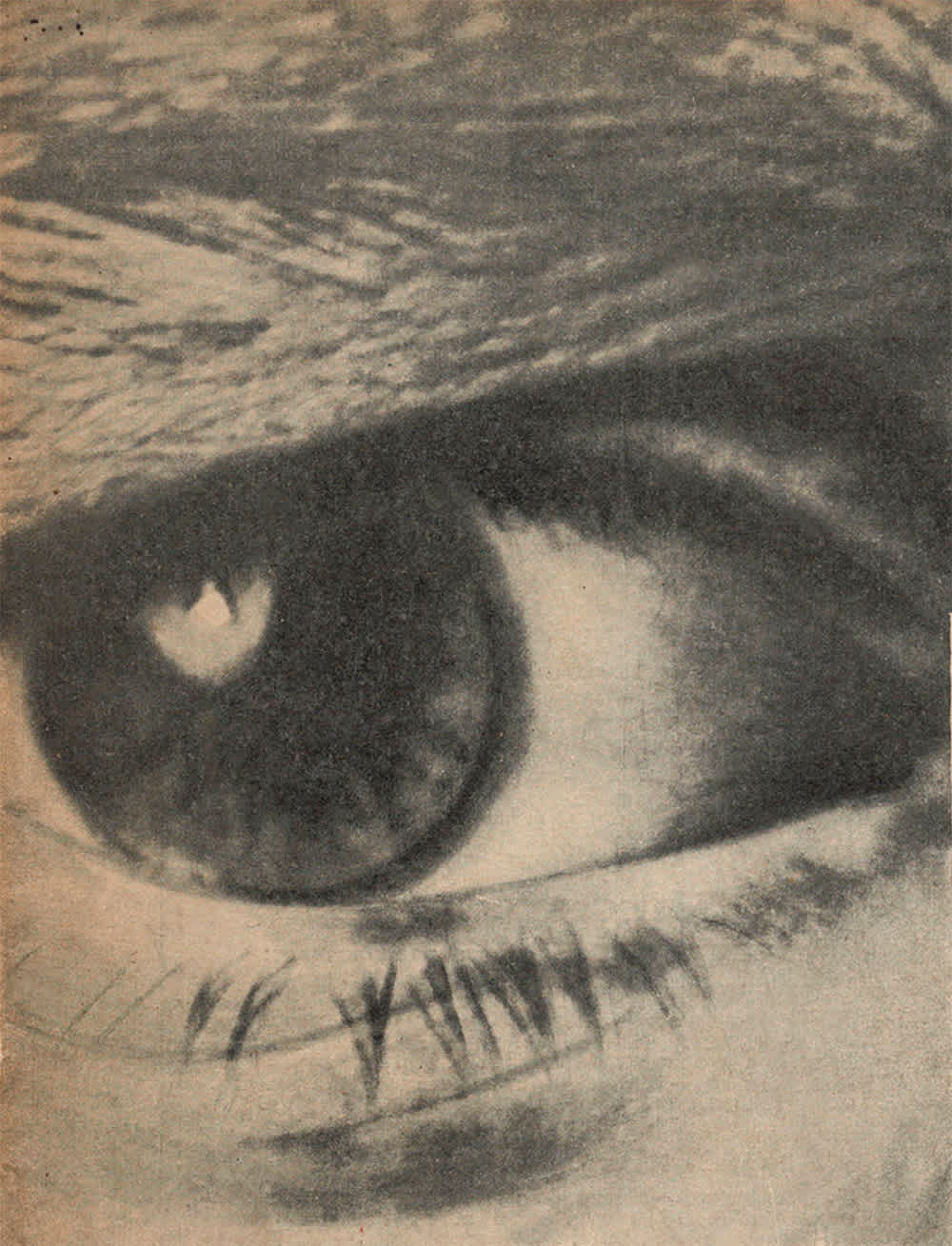
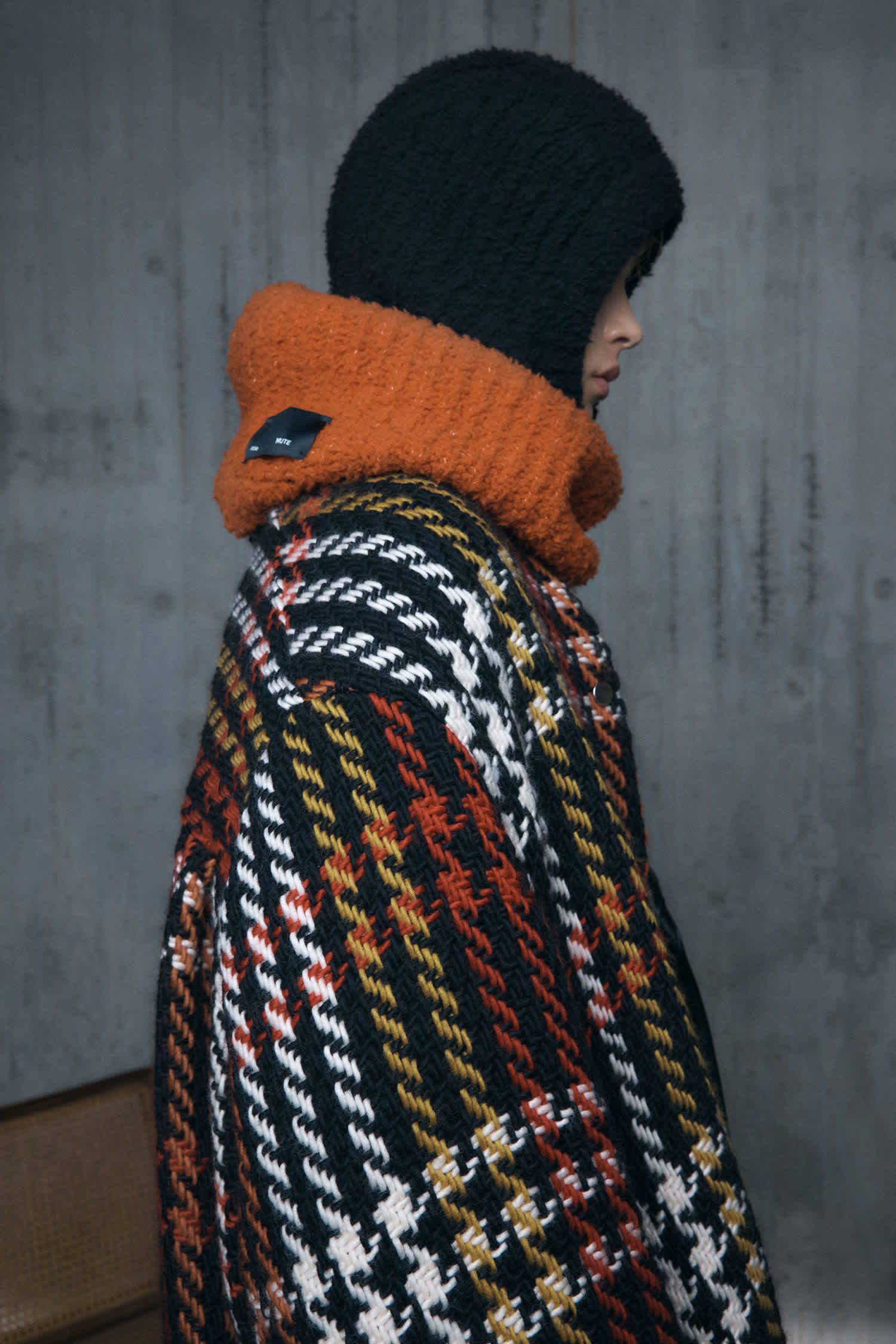
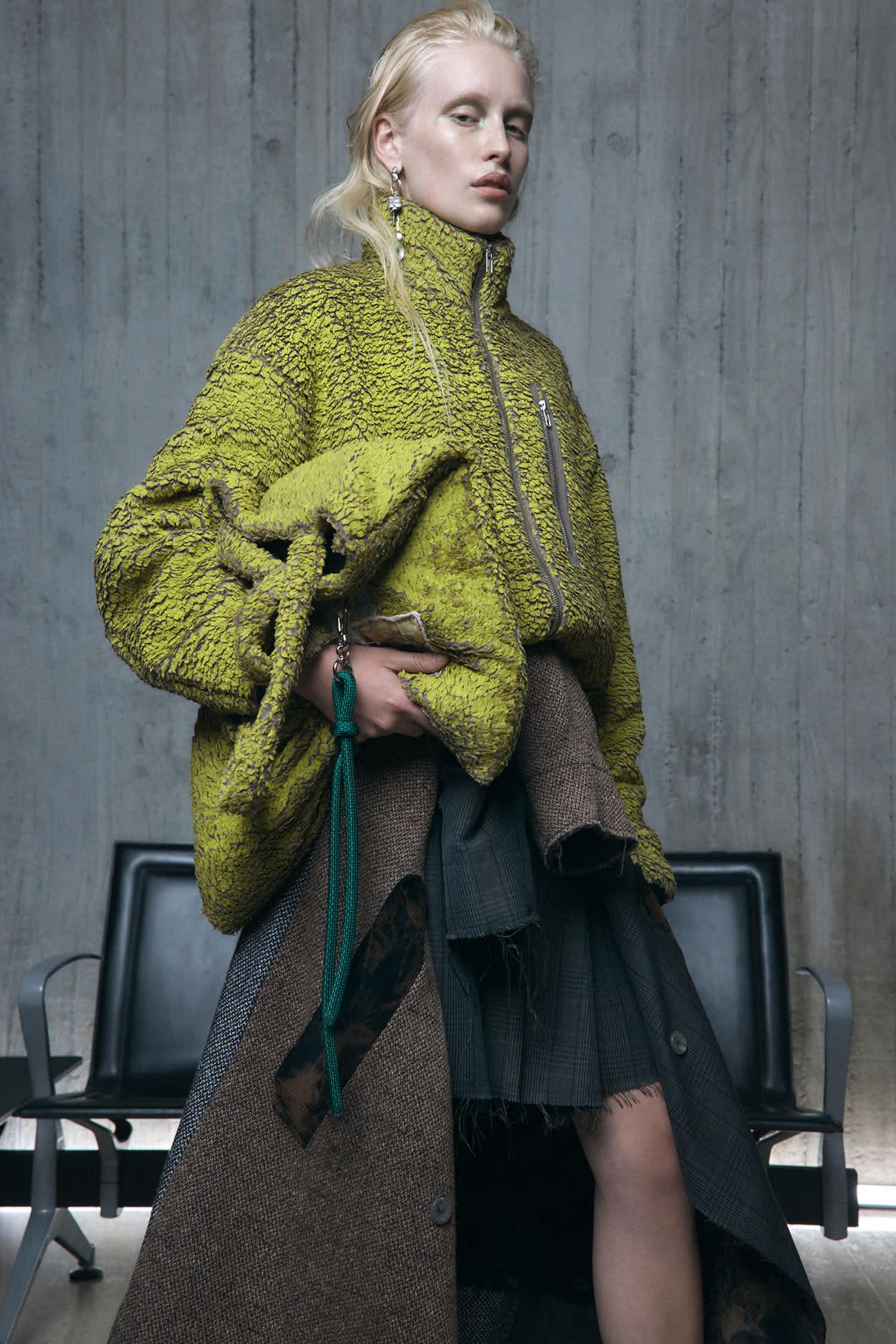
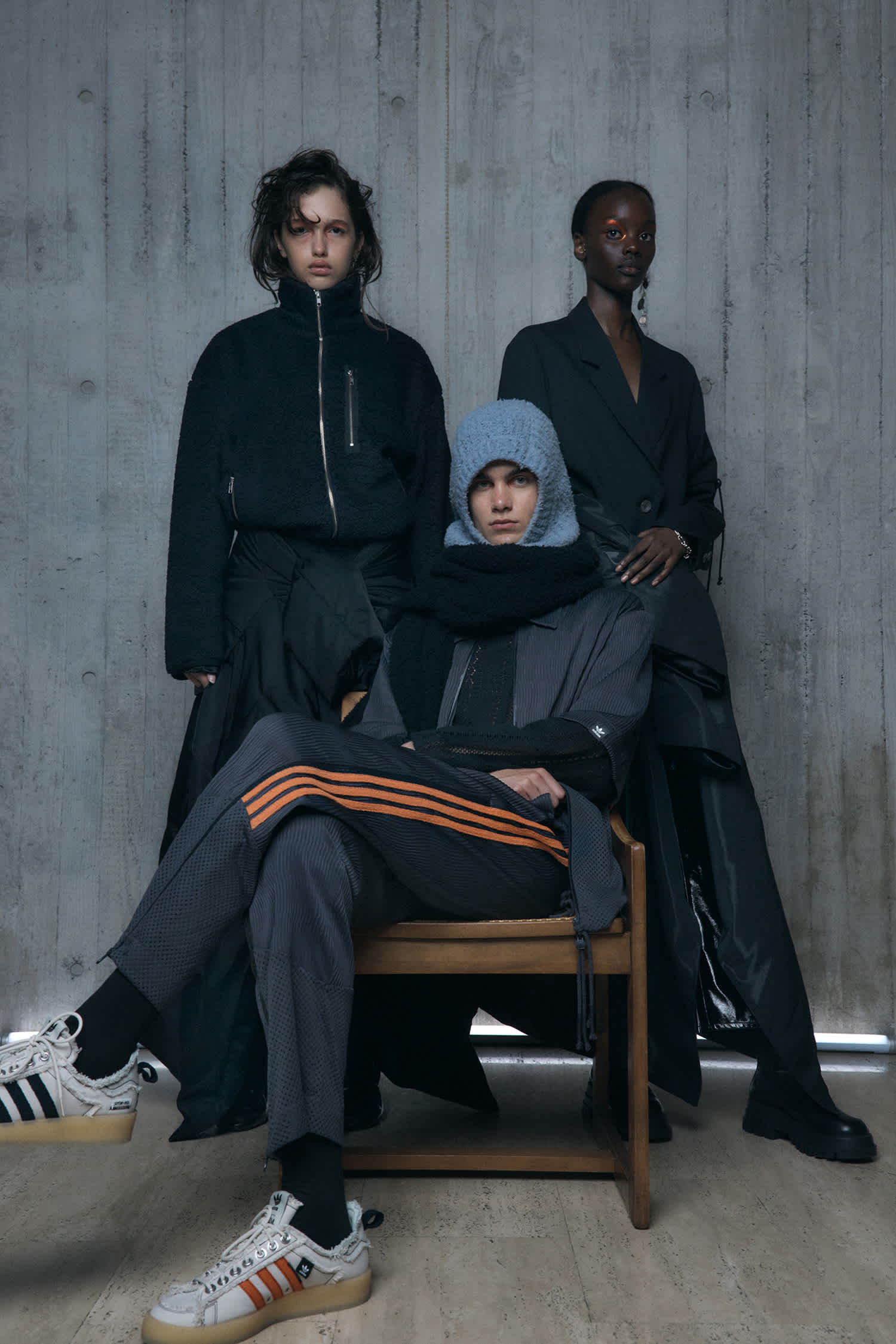
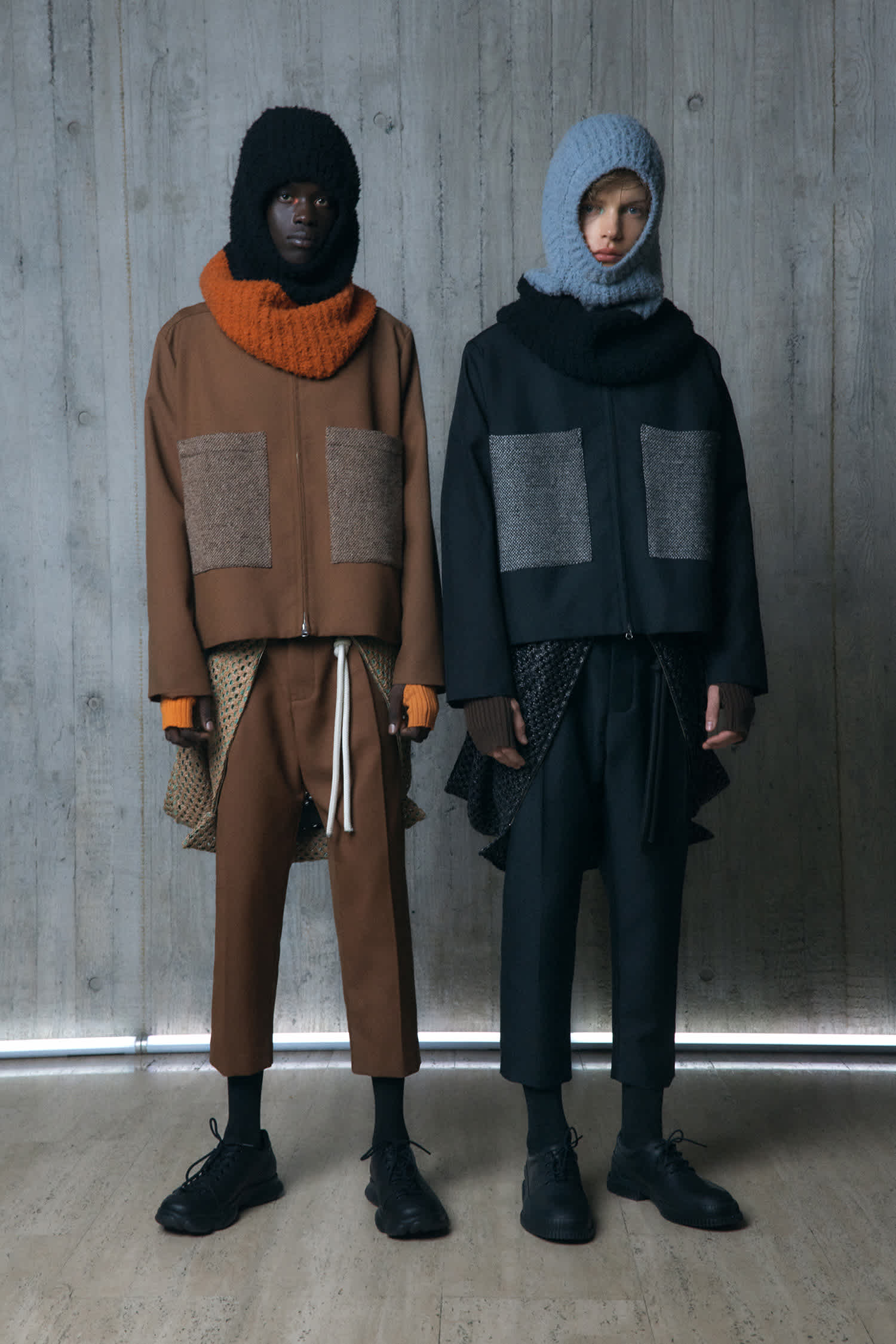
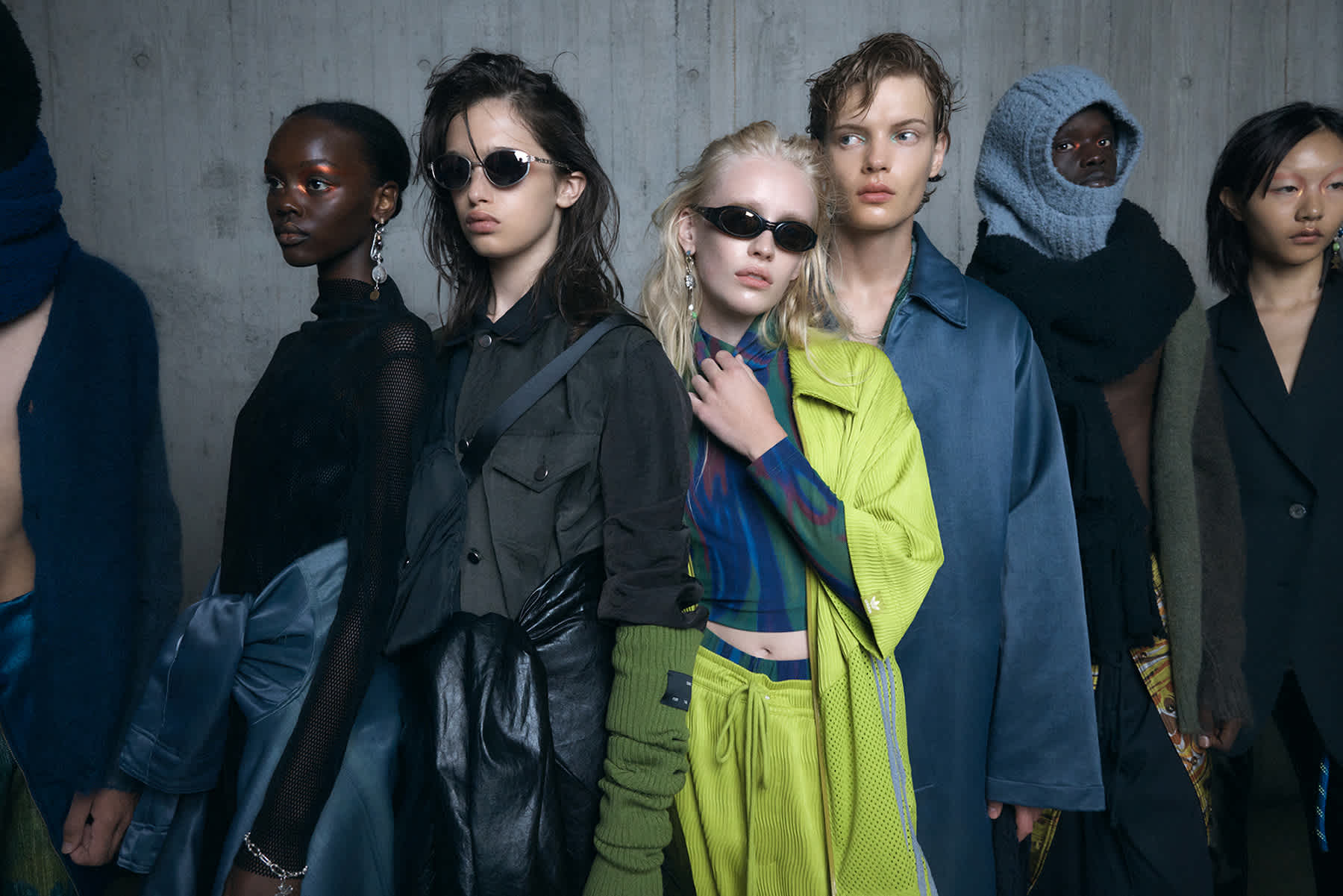
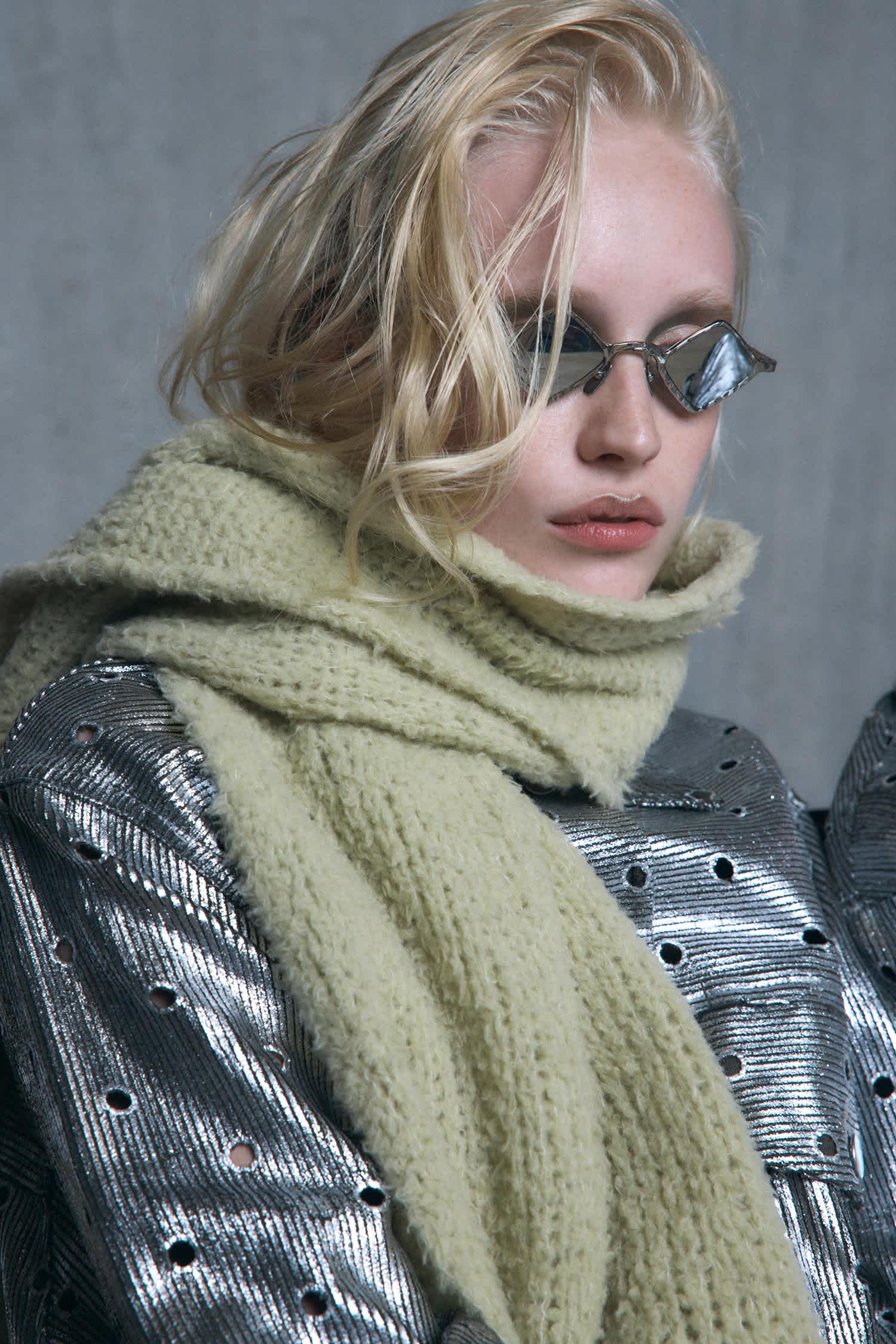
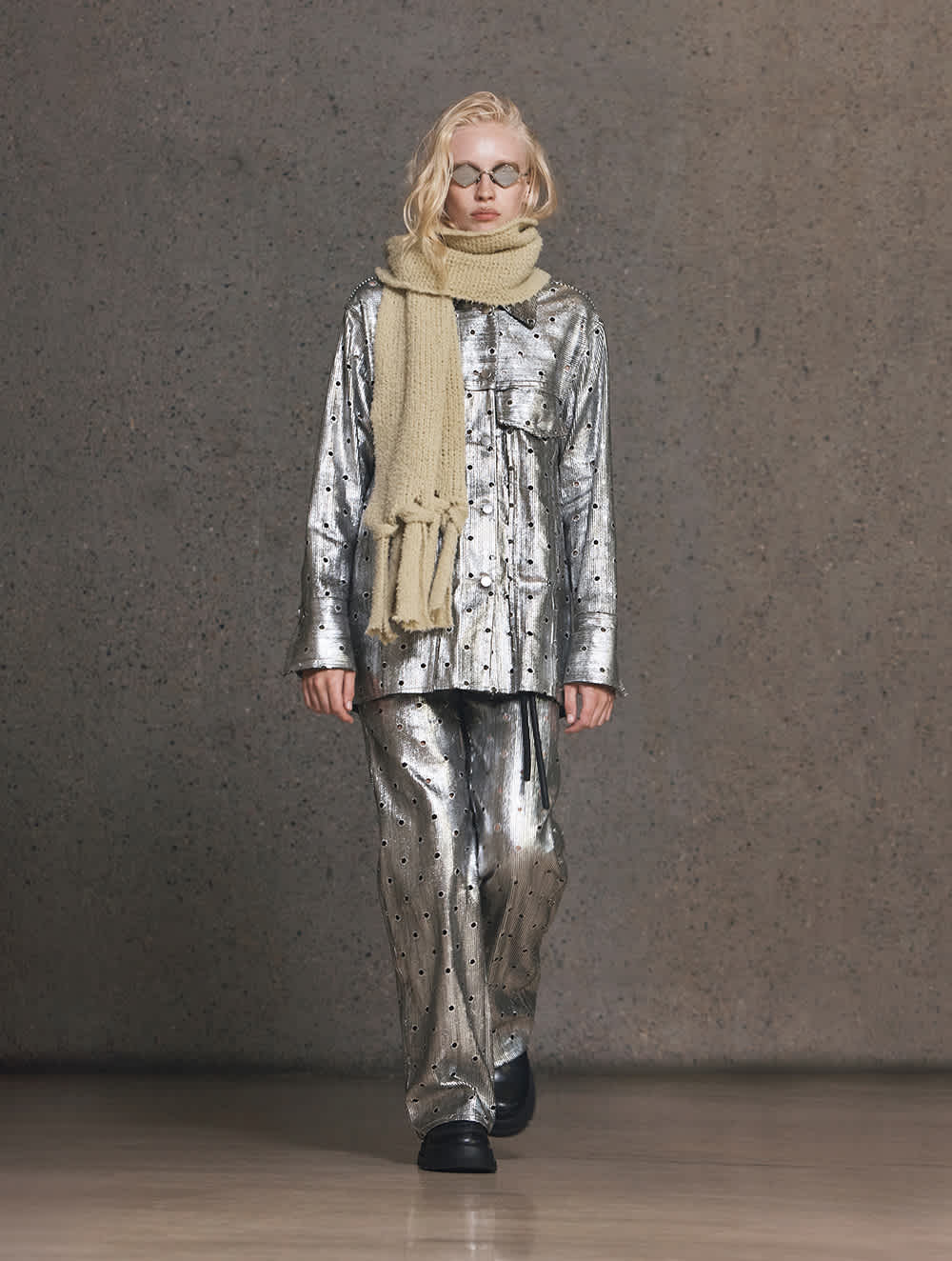
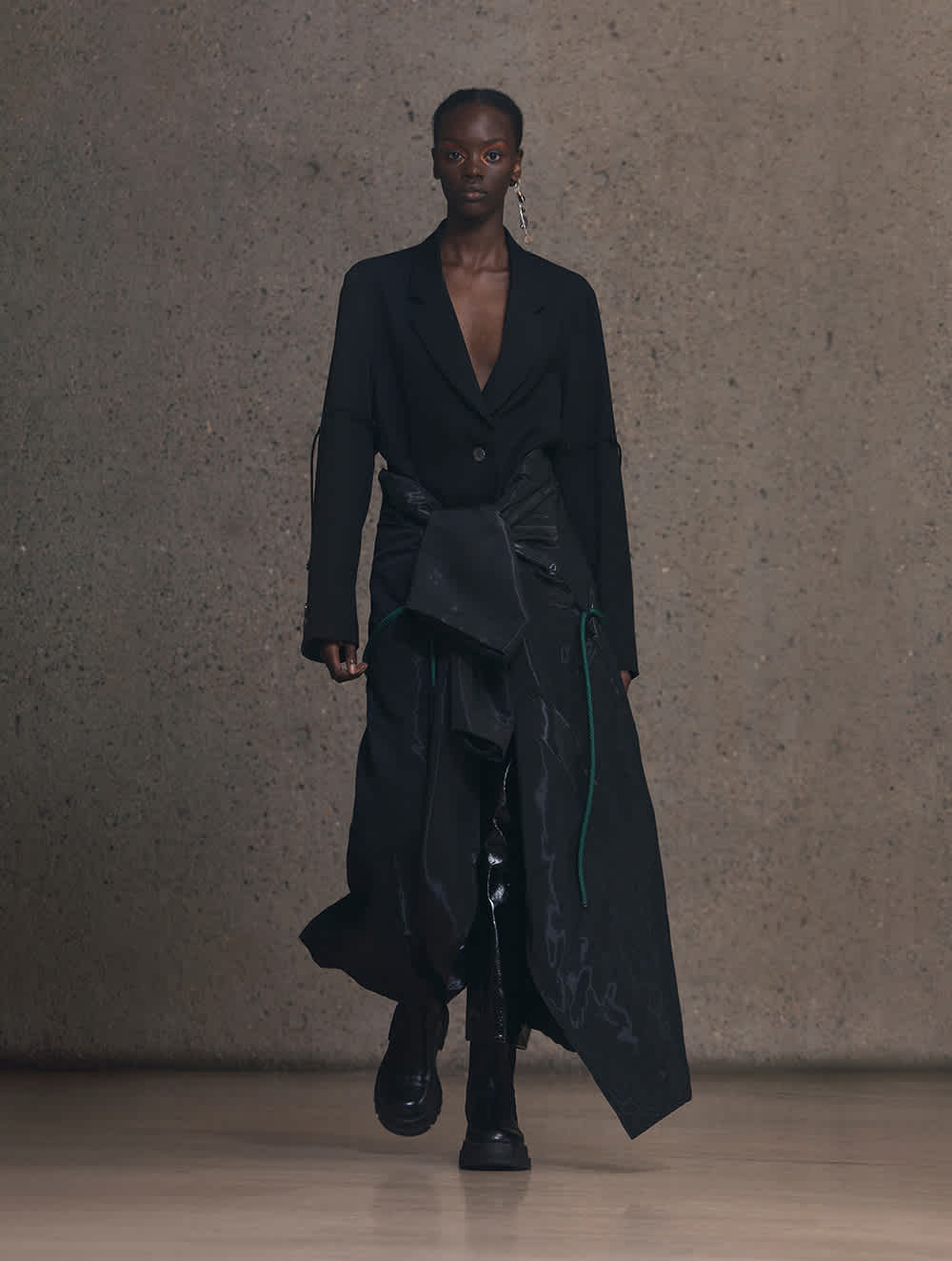
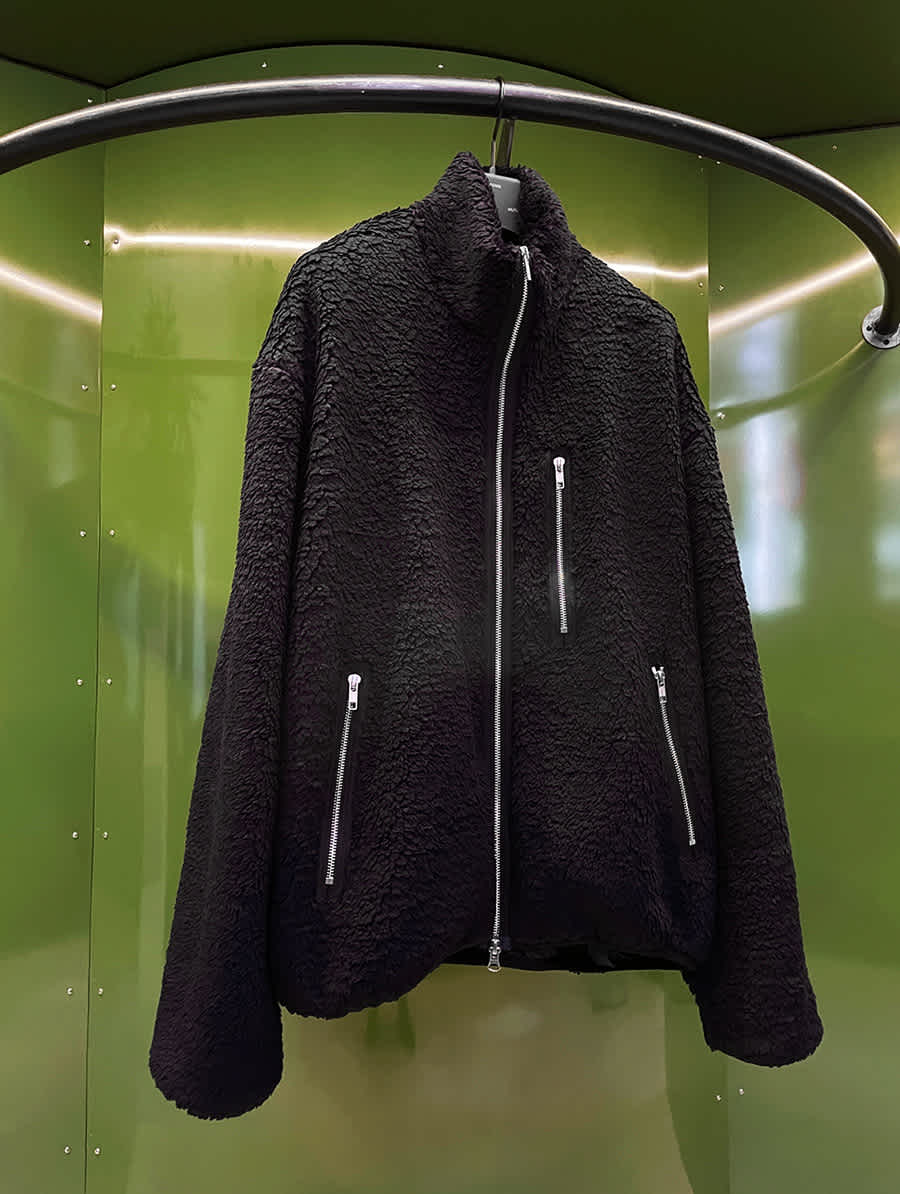
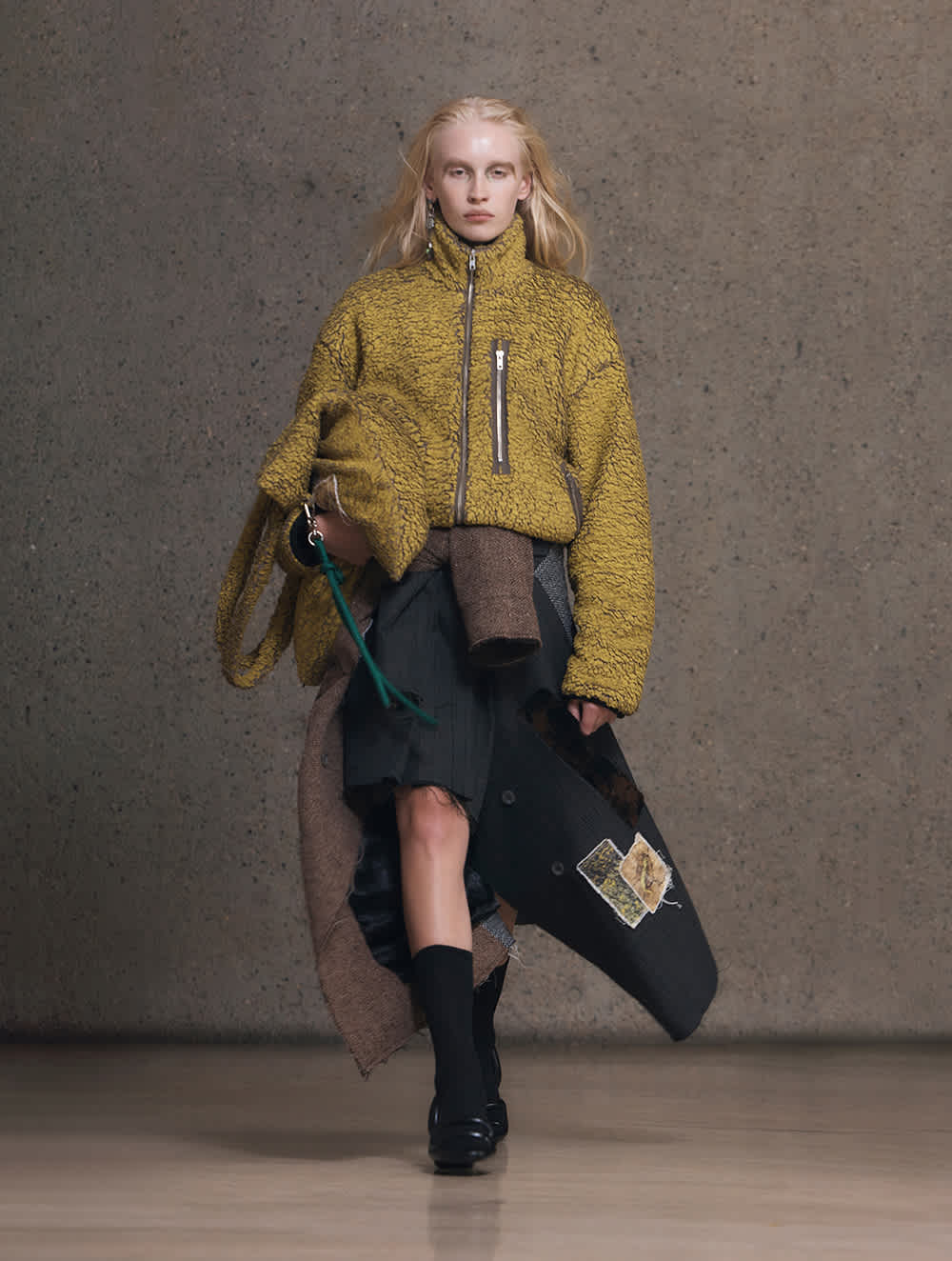
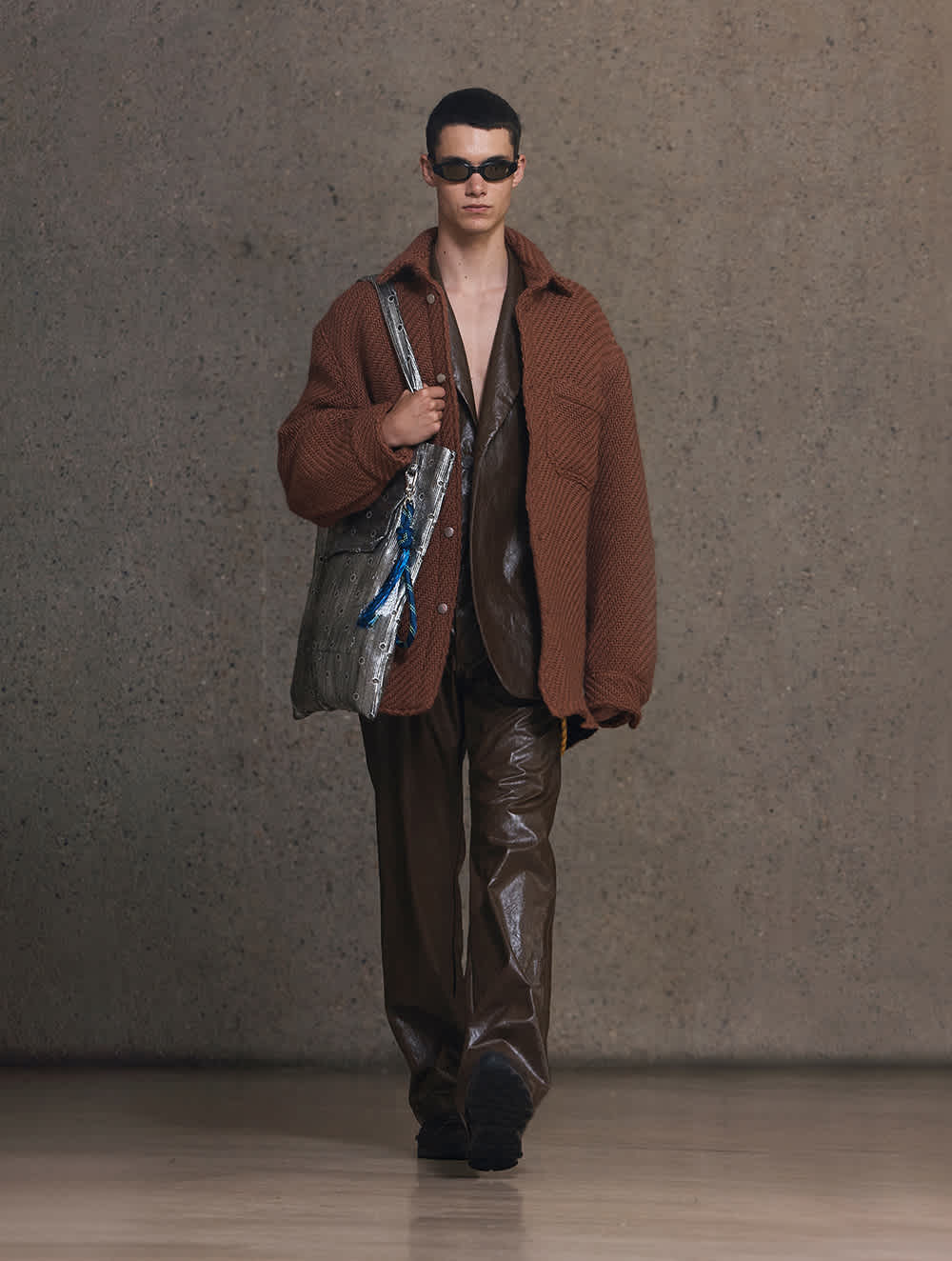

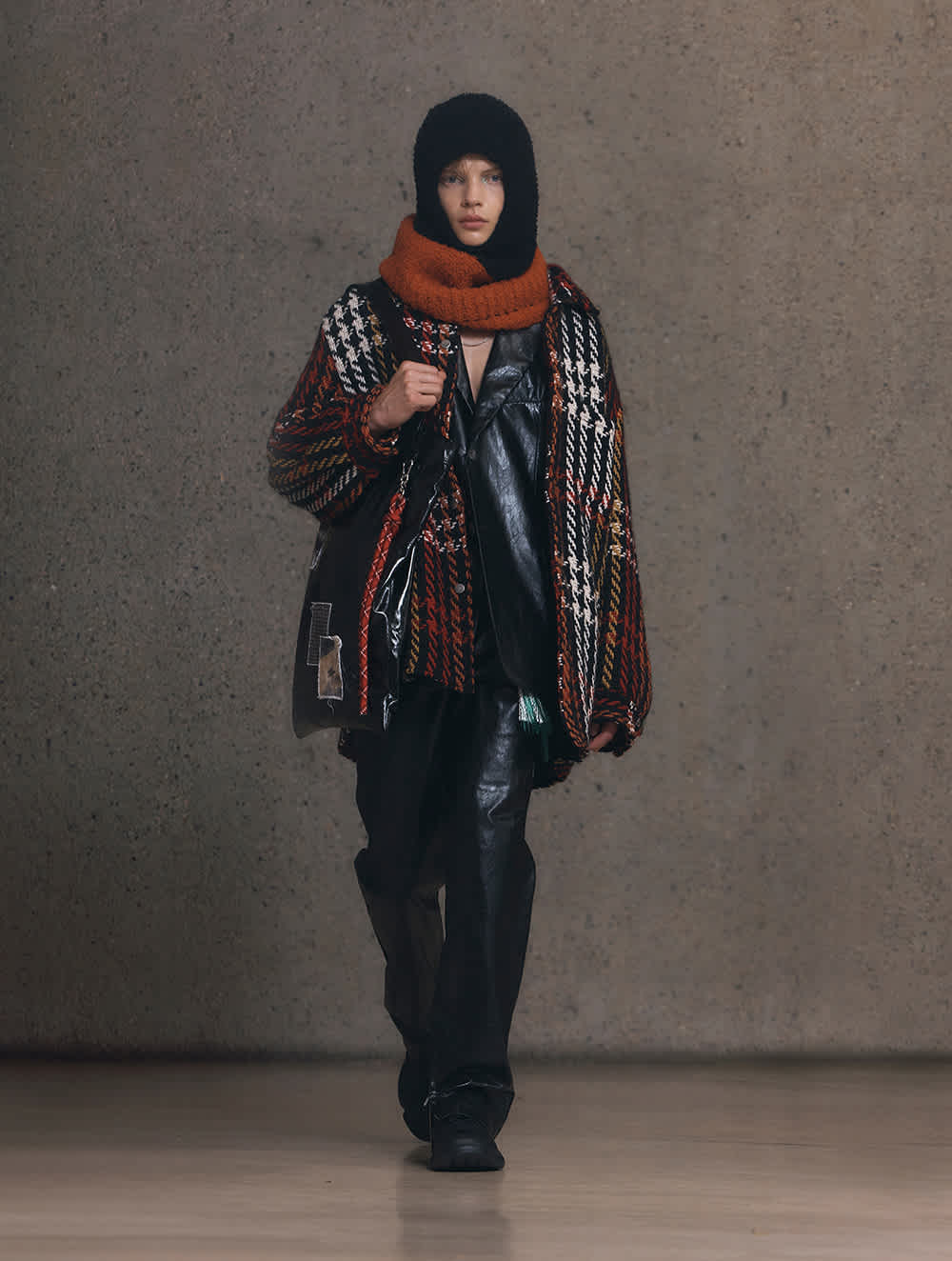
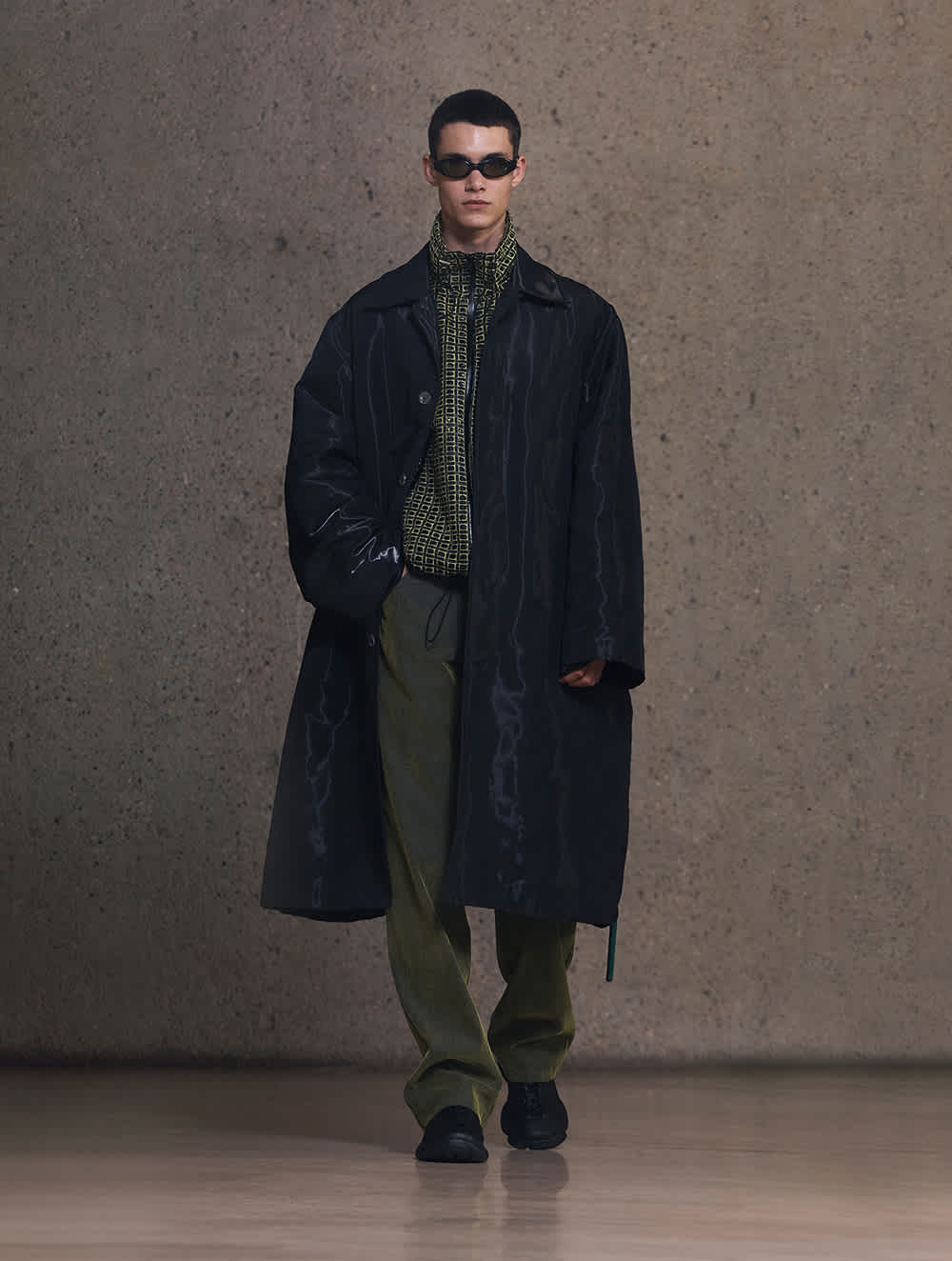
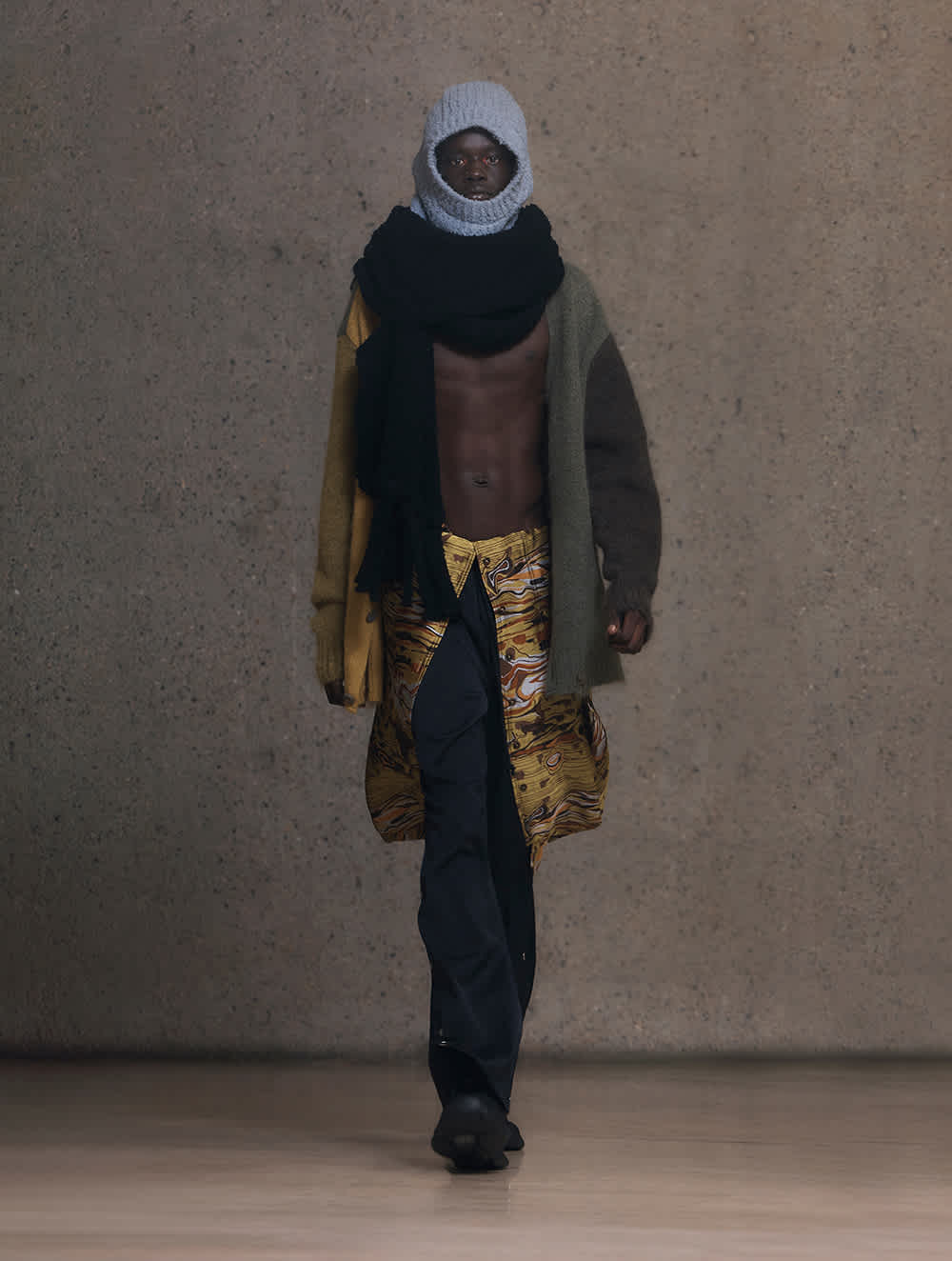
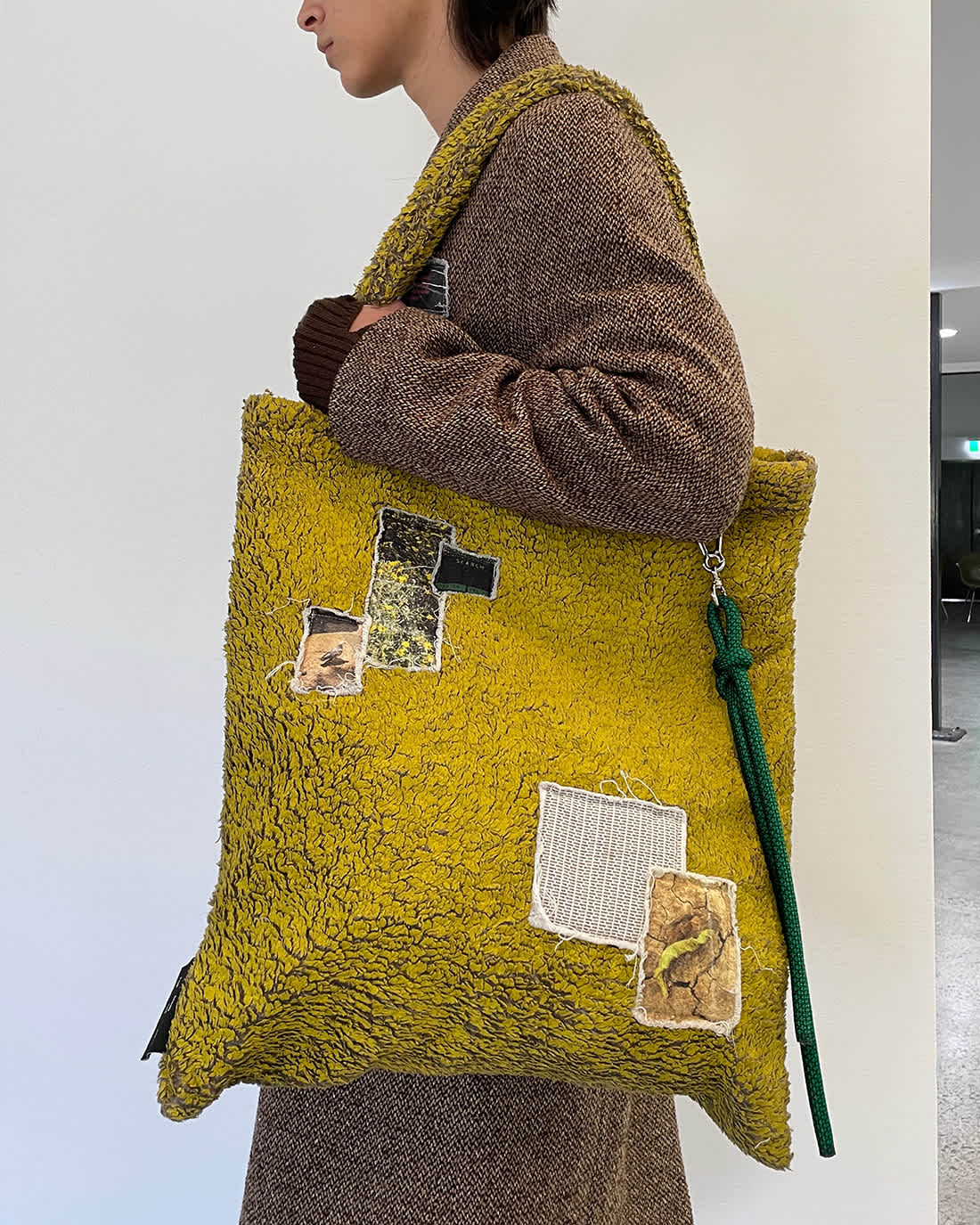
At the turn of the new millennium, things were set to remain just as they always were. There were those, however, who refused to accept the status quo, the daily commute; the two-a-penny office cubicles; the idle watercooler chit-chat.
In 23.2 2000, creative director Lyna Ty rallies against the numbing sameness of the contemporary mainstream. Humdrum silhouettes and sartorial motifs are quietly recast, provocative clashes of texture and colour throw traditional conceptions of fashion off balance.
Film acts as a creative medium for exploration, where a group are seen meandering the labyrinthine concrete bowels of a brutalist monolith. Striding, descending, looping to a soundscape by German electronic music producer Boys Noize. They appear in stark relief to their clinical surroundings, undercutting an atmosphere of oppressive uniformity with irreverent self-expression.
The season’s menswear toes a line between brooding classicism and rebellious eccentricity. It embodies a renegade insouciance – a yen for studying the rules, only to rip them up and collage them anew. Gentlemanly overcoats in coarse russet tweed and boxy wool tailoring with shrunken lapels are paired with slouchy sportswear, chunky knit balaclavas and fingerless opera gloves. The louche conservatism of a macintosh is toyed with through progressive fabrications – teal technical satin and moiré corporate-issue monogrammed denim, and neon-framed gridded knit. Tactical vests are rendered in matted, painted sherpa, and wide-legged cropped trousers appear in crushed nightshade velvet.